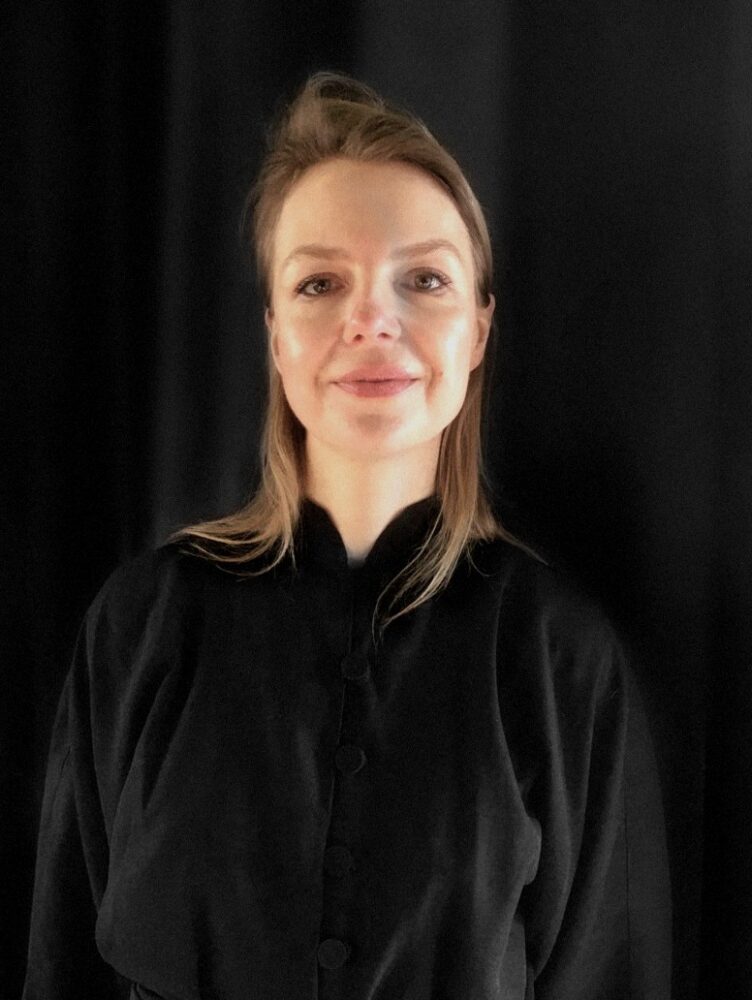Weronika Trojańska ⎜Finno-Ugric Creative Residency (Poland)
12.11 – 22.12.2025
Bio
Weronika Trojańska is a Polish interdisciplinary artist working with sound, embodiment, and the politics of appropriation. She holds an MA from the Academy of Fine Arts in Poznań and the Sandberg Instituut in Amsterdam. Oscillating between performance and sound installation, she explores the psychoacoustics of the human body—the musicality of speech, silence, and laughter—and how these shape social identity. She often invites others into her process, creating shared spaces that question the roles of artist, audience, and artwork. Her work has been shown at Kunstgewerbemuseum (Berlin), Pawilon (Poznań), Port25 (Mannheim) and BWABydgoszcz, EYE Filmmuseum (Amsterdam), MoMA, Emily Harvey Foundation, Rongwrong (Amsterdam), among others. In 2017, Trojańska also performed Yoko Ono historical Cut Piece at the Museum der Moderne in Salzburg. She has also published texts in a number of Polish and English-language art magazines (including OnCurating, Metropolis M and Arterritory.com). She is currently a PhD candidate at the Eugeniusz Geppert Academy of Art and Design in Wrocław.
Project
Lament traditions have long held a central role in the spiritual and cultural lives of many Finno-Ugric communities. More than mere songs of mourning, laments were structured rituals accompanying life’s most difficult thresholds – funerals, departures, weddings, and forced relocations – preserving family histories, lost places, and communal pain. Seen in this way, lament is a healing act: a way of speaking what daily life silences, of breathing together through uncertainty, and of transforming grief into resilience.
Drawing on this heritage, the project reimagines lament treating it not as a relic of the past but as a living, urgent form of emotional expression – one that helps us confront today’s crises, including displacement, ecological collapse, war, and personal loss. Thus together with people from Narva and its surroundings – especially women, migrants, and others with experiences of displacement – we will create a contemporary lament that resonates with our times.
Drawing on field research, archival recordings, and Finno-Ugric vocal forms, the work will unfold as a meditative sound ritual, where the audience becomes fellow mourners in a collective act of remembrance and renewal. At its core, lament becomes a form of emotional ecology: a communal practice of care, resistance, and transformation in a world in transition.
